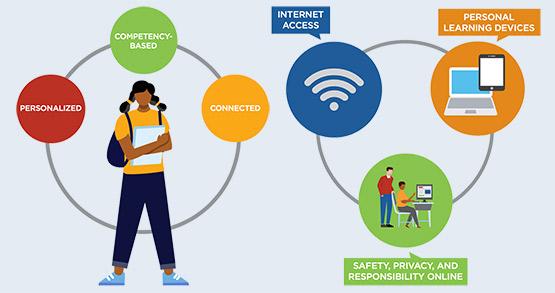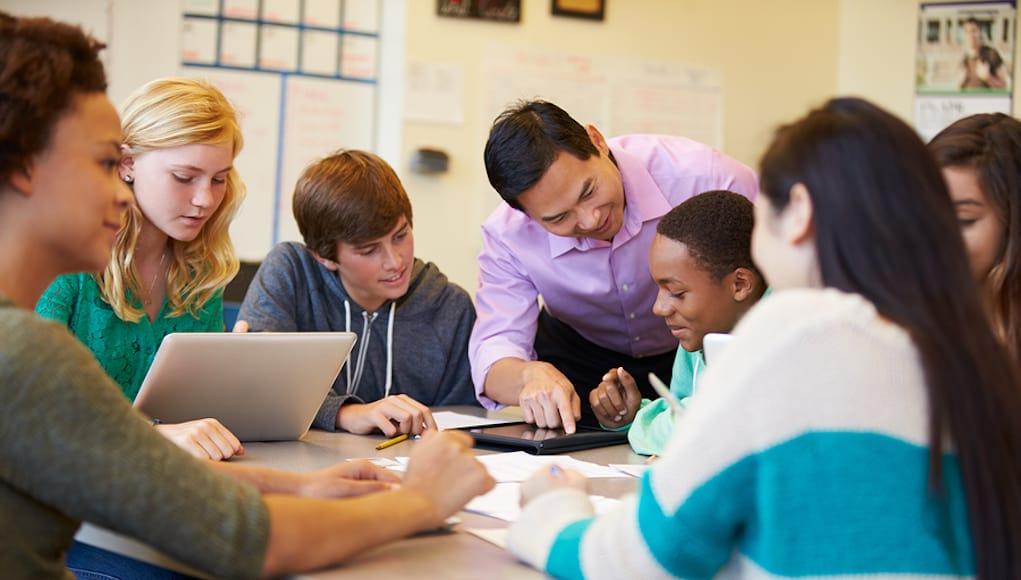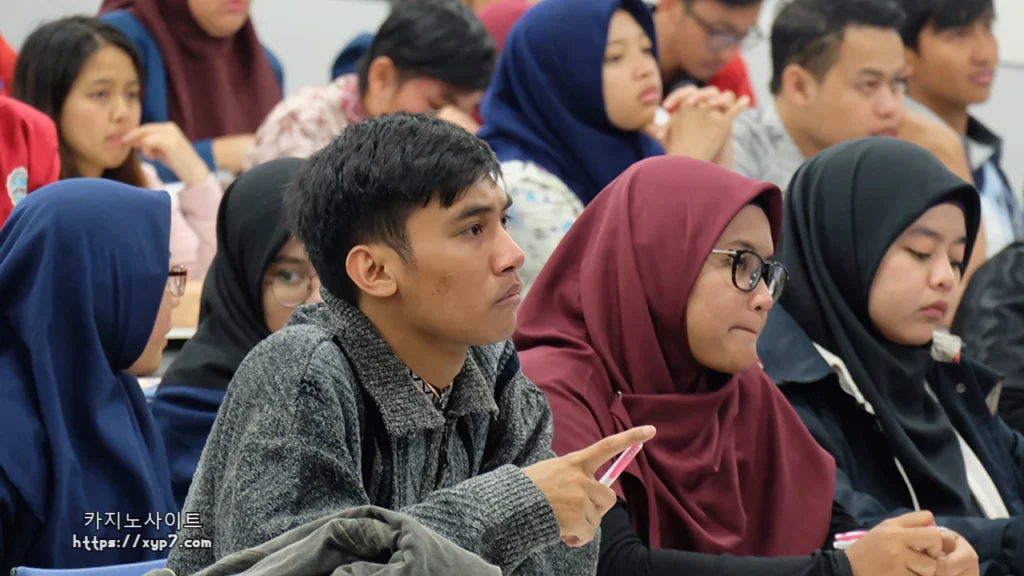The impact of technology on education, including the use of educational software and digital devices.
The impact of technology on education has been transformative in recent years. The rise of digital devices, educational software, and online learning platforms has provided students and educators with new tools for teaching and learning. Allowing for more personalized and interactive educational experiences.
However, the integration of technology into education also raises questions about its impact on student learning outcomes, social development, and the role of educators in the classroom.
One of the main benefits of technology in education is the ability to provide students with access to a wide range of educational resources and content.
Digital devices such as tablets, laptops, and smartphones enable students to access digital textbooks, videos, and interactive simulations. Allowing for more engaging and interactive learning experiences.

Additionally, educational software can provide personalized learning experiences, tailoring instruction to students’ individual needs and abilities.
Another benefit of technology in education is the ability to connect students and educators across geographic and cultural boundaries. Online learning platforms allow for remote learning, providing students with access to educational opportunities that may not be available in their local area.
Additionally, technology can facilitate global collaborations, enabling students to connect with peers and experts from around the world to learn about different cultures and perspectives.
However, the integration of technology into education also raises concerns about its impact on student learning outcomes and social development. Some studies suggest that the use of digital devices in the classroom may be distracting and harm student learning outcomes.
For example, students may be more likely to multitask or engage in non-academic activities on their devices during class, which can detract from their focus and attention.
Additionally, some experts worry that the use of educational software may lead to a “one-size-fits-all” approach to learning, failing to account for the unique needs and abilities of individual students.
Furthermore, the use of technology in education raises questions about the role of educators in the classroom. Some worry that the increased reliance on technology may lead to a decrease in the importance of teachers. Students rely more on digital resources and less on in-person instruction.
Additionally, there is concern that the use of technology may lead to a decrease in the quality of social interactions. As students may be more likely to engage with digital devices than with their peers and teachers.
To address these concerns, educators and policymakers must carefully consider the appropriate role of technology in education.
This may involve using technology in a more targeted and purposeful way. Rather than simply as a substitute for traditional teaching methods.
Additionally, educators must ensure that they are using technology in a way that supports student learning outcomes.
Another important consideration is the impact of technology on student social development. While technology can facilitate global collaborations and connections. It is important to ensure that students are also developing important social and emotional skills.
This may involve creating opportunities for in-person interactions and socialization. As well as integrating digital citizenship and online safety into the curriculum.
Ultimately, the impact of technology on education will depend on how it is integrated into the classroom. 온라인카지노
By taking a thoughtful and strategic approach to technology integration. Educators can ensure that students have access to the resources they need to succeed in social and emotional development.
Additionally, by continuing to explore new technologies and teaching methods. The educators can ensure that they are providing the most effective and engaging educational experiences possible.

